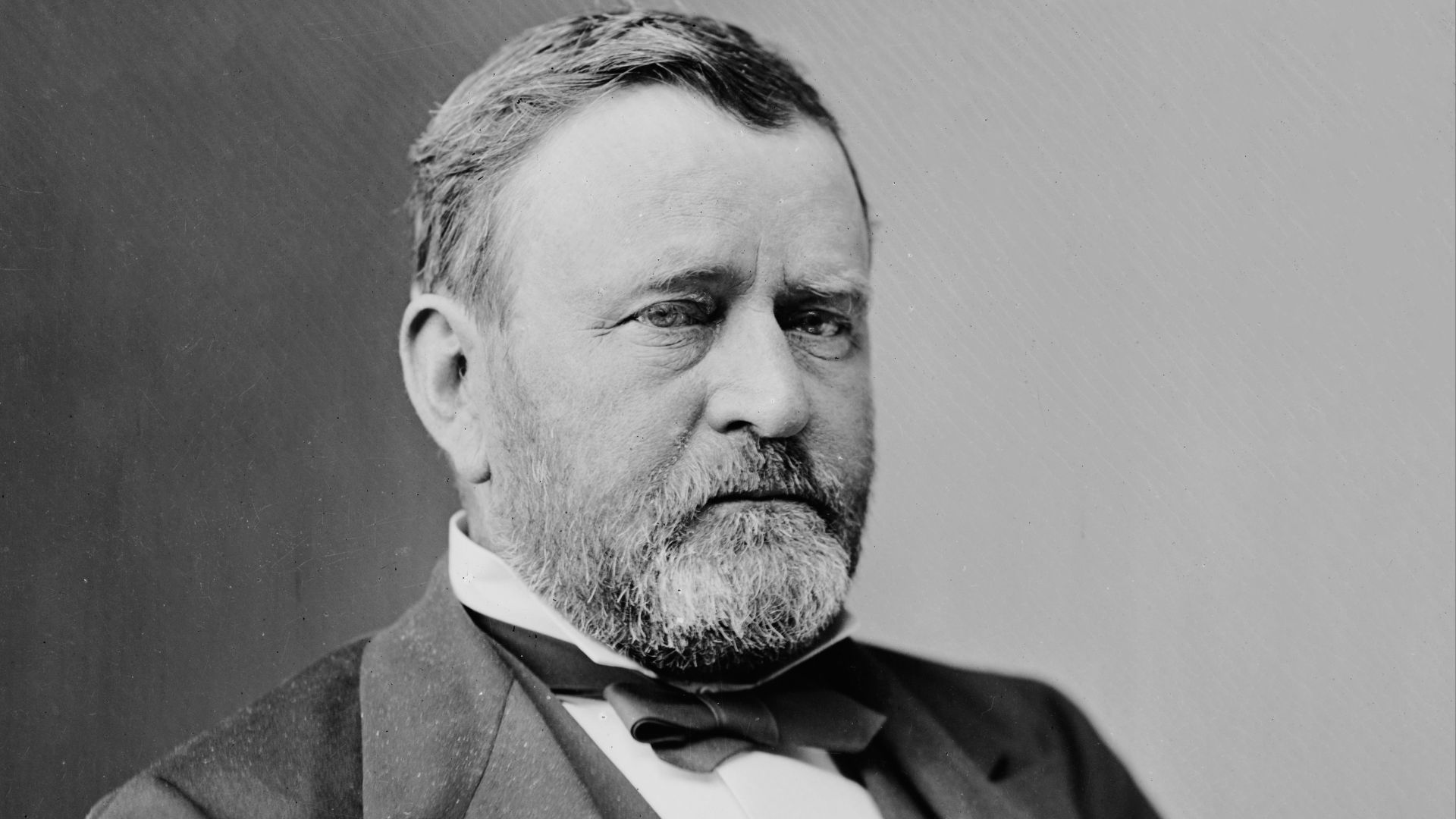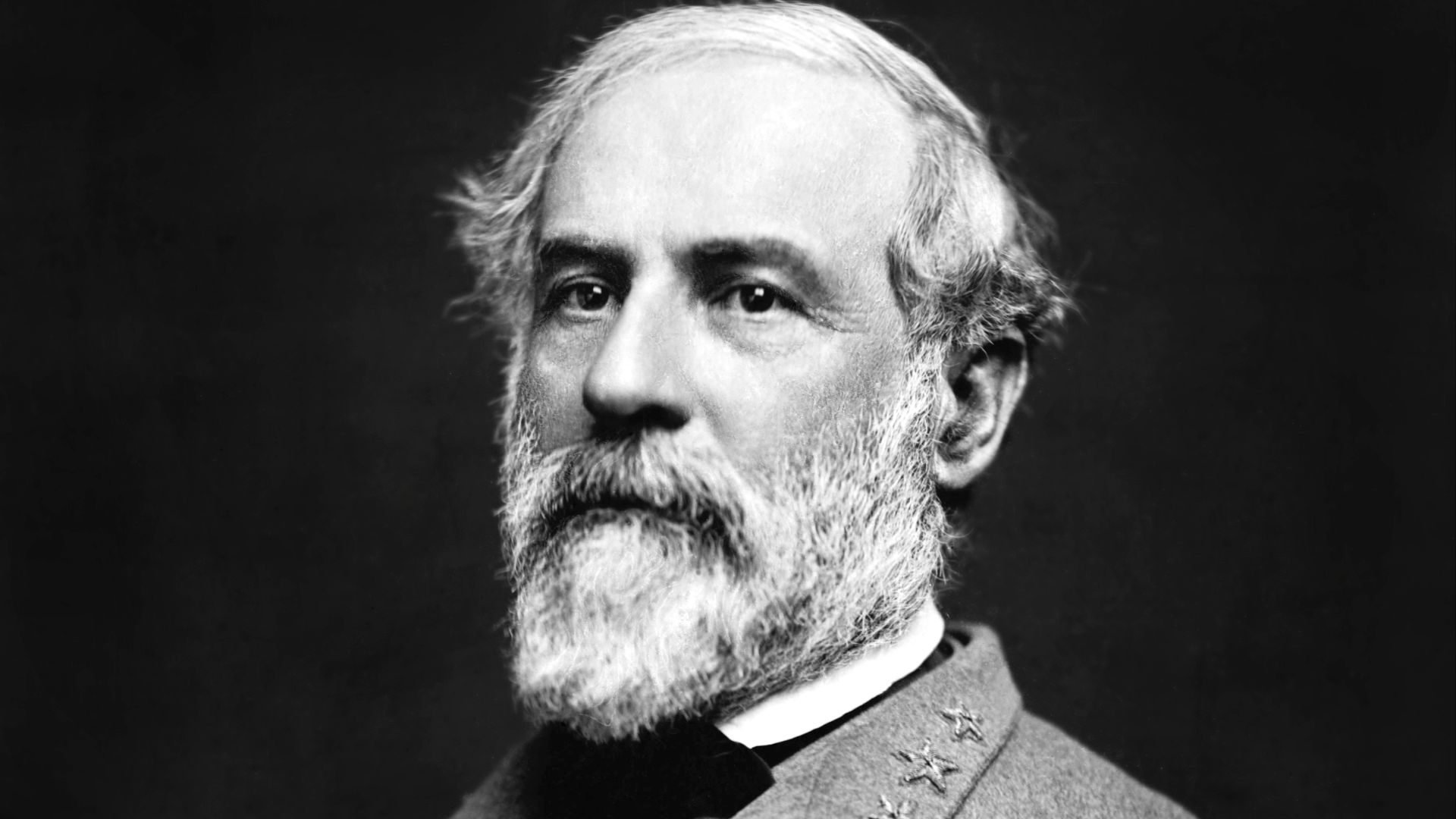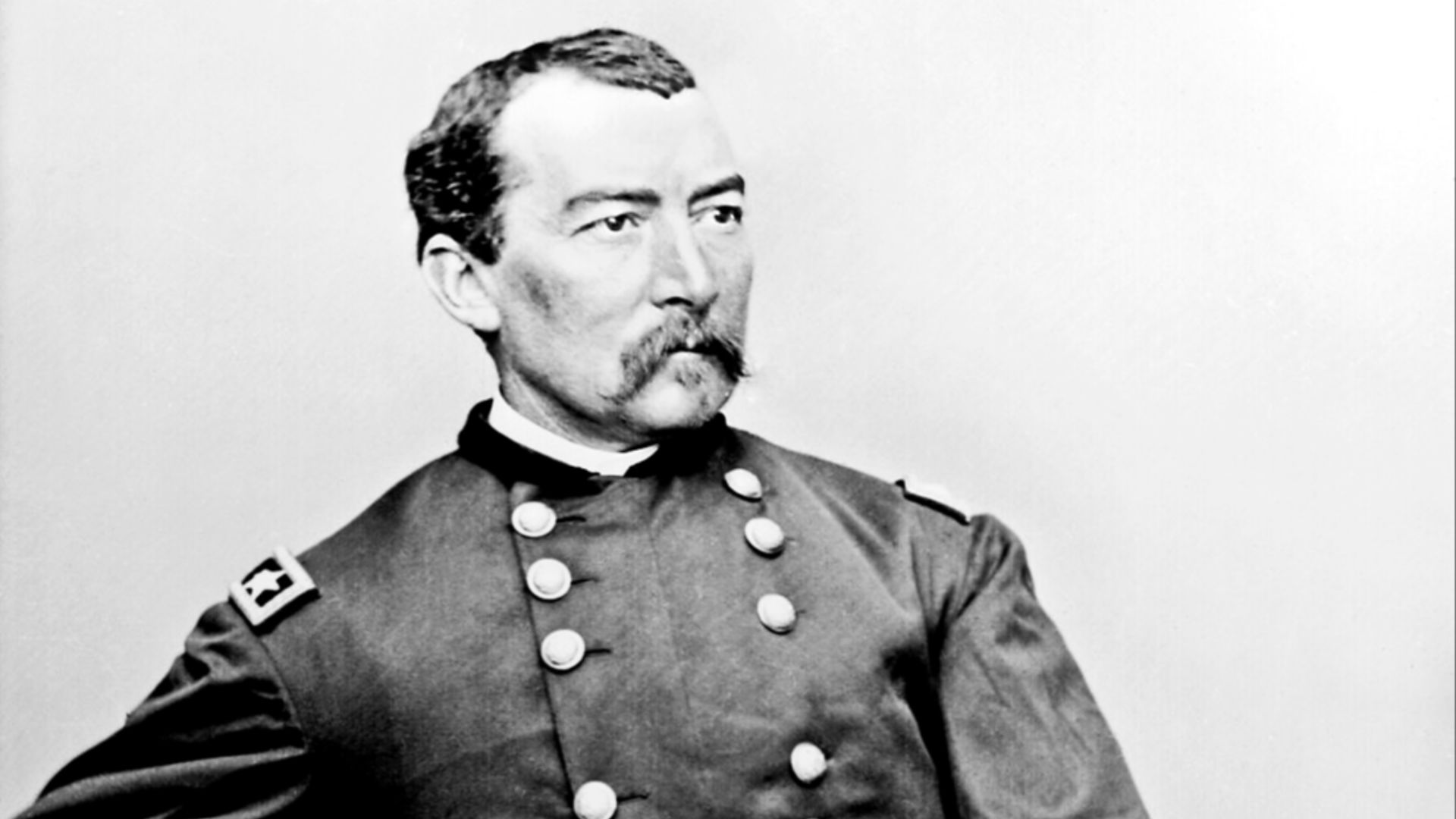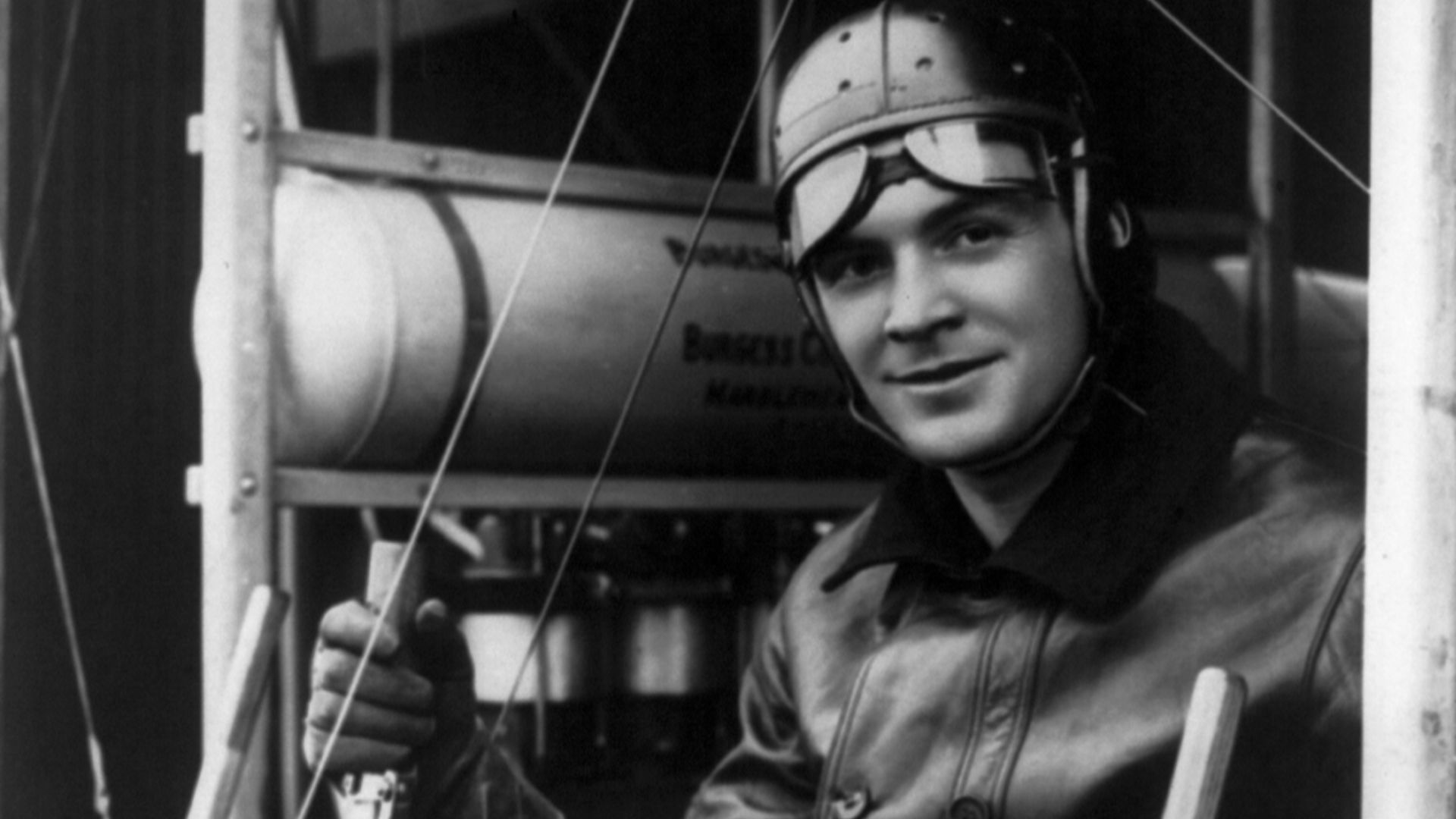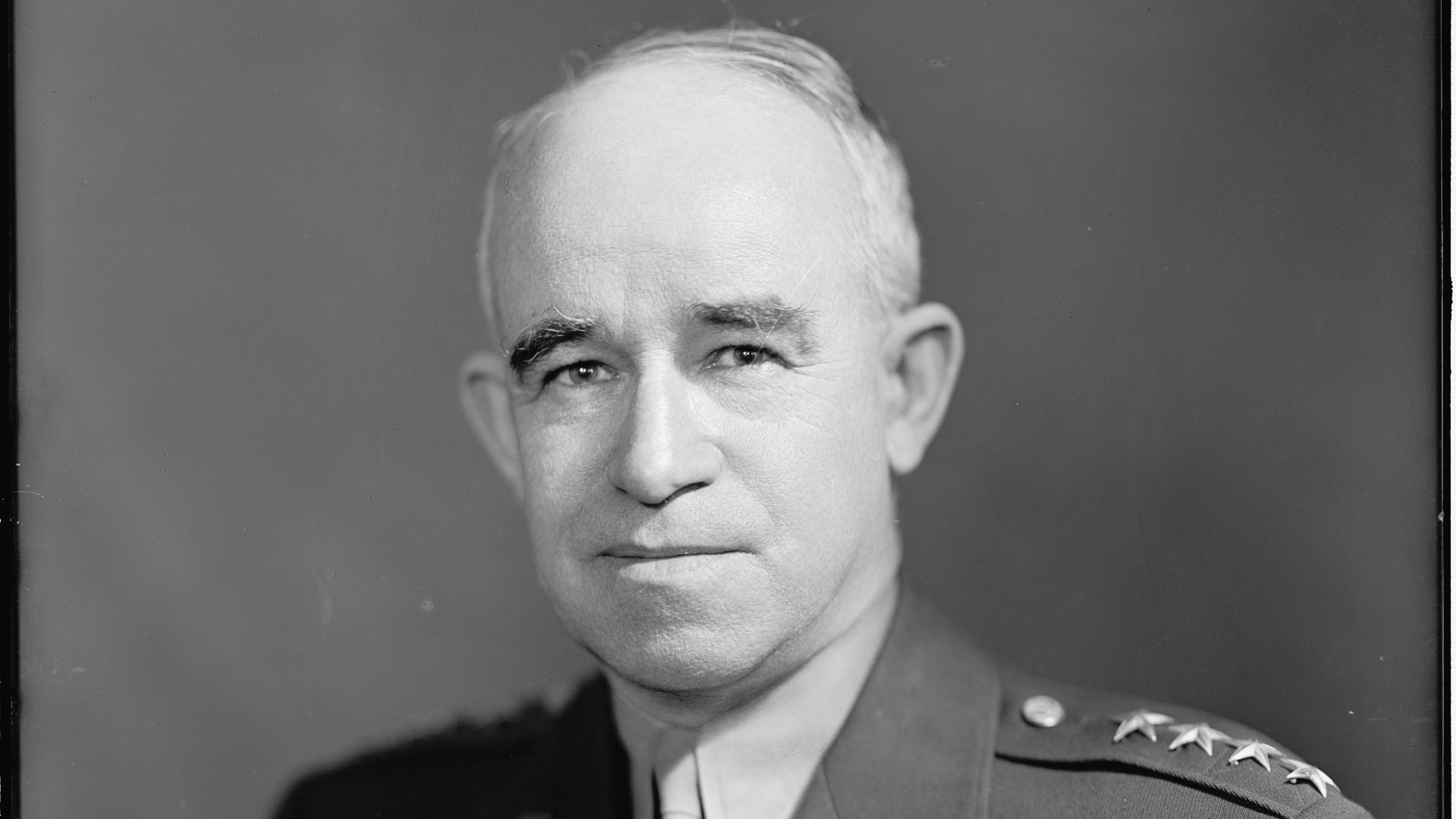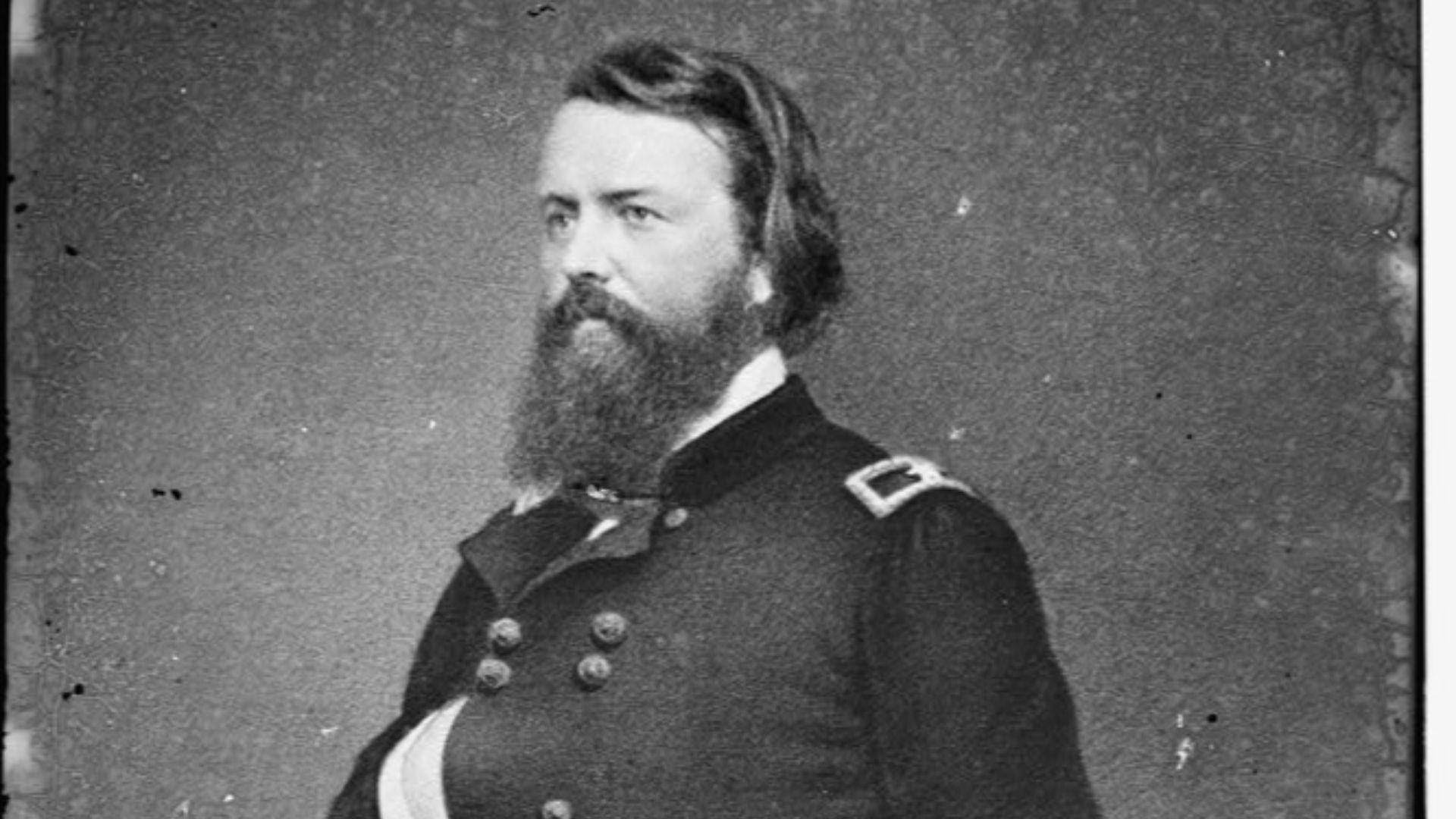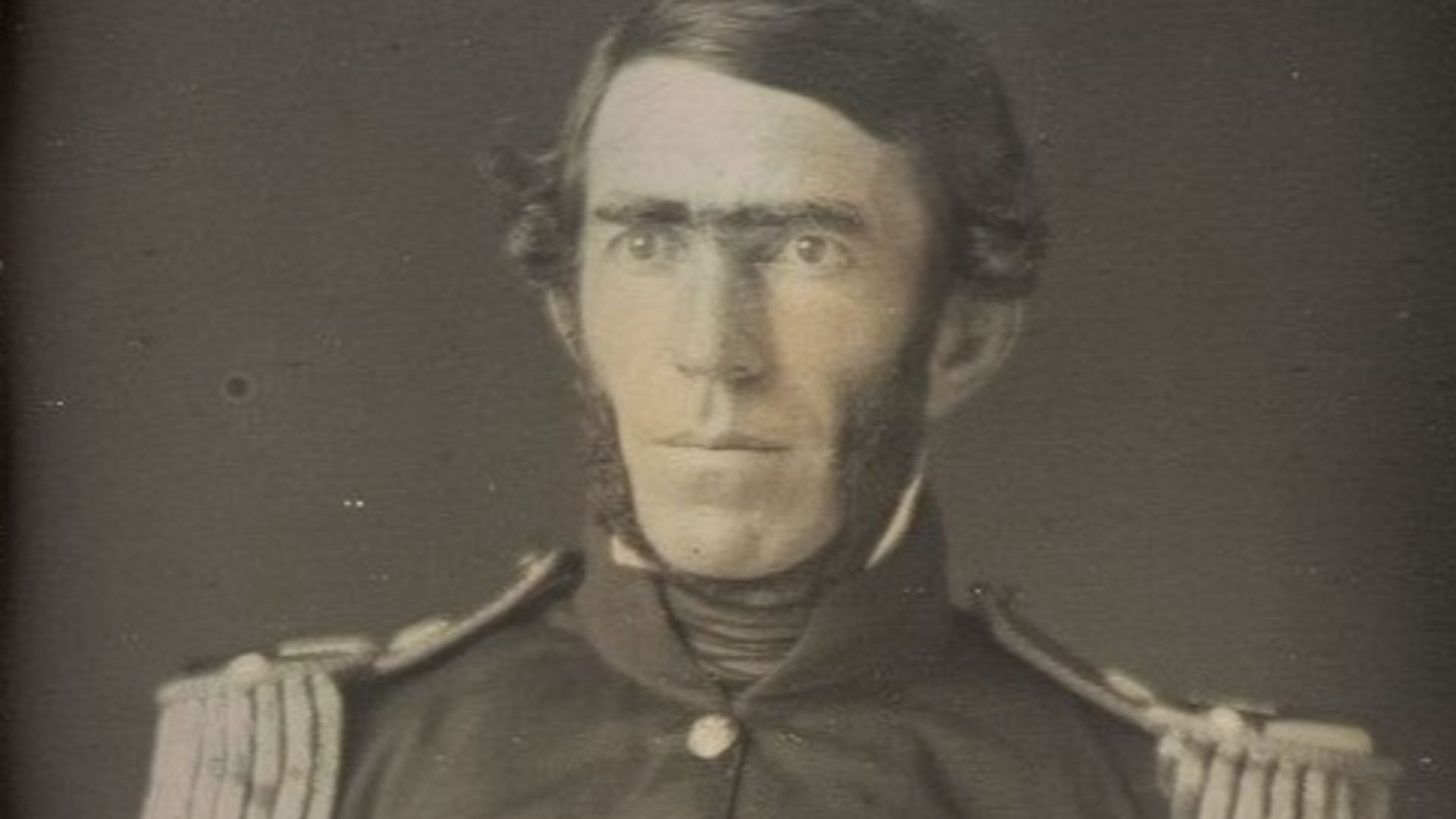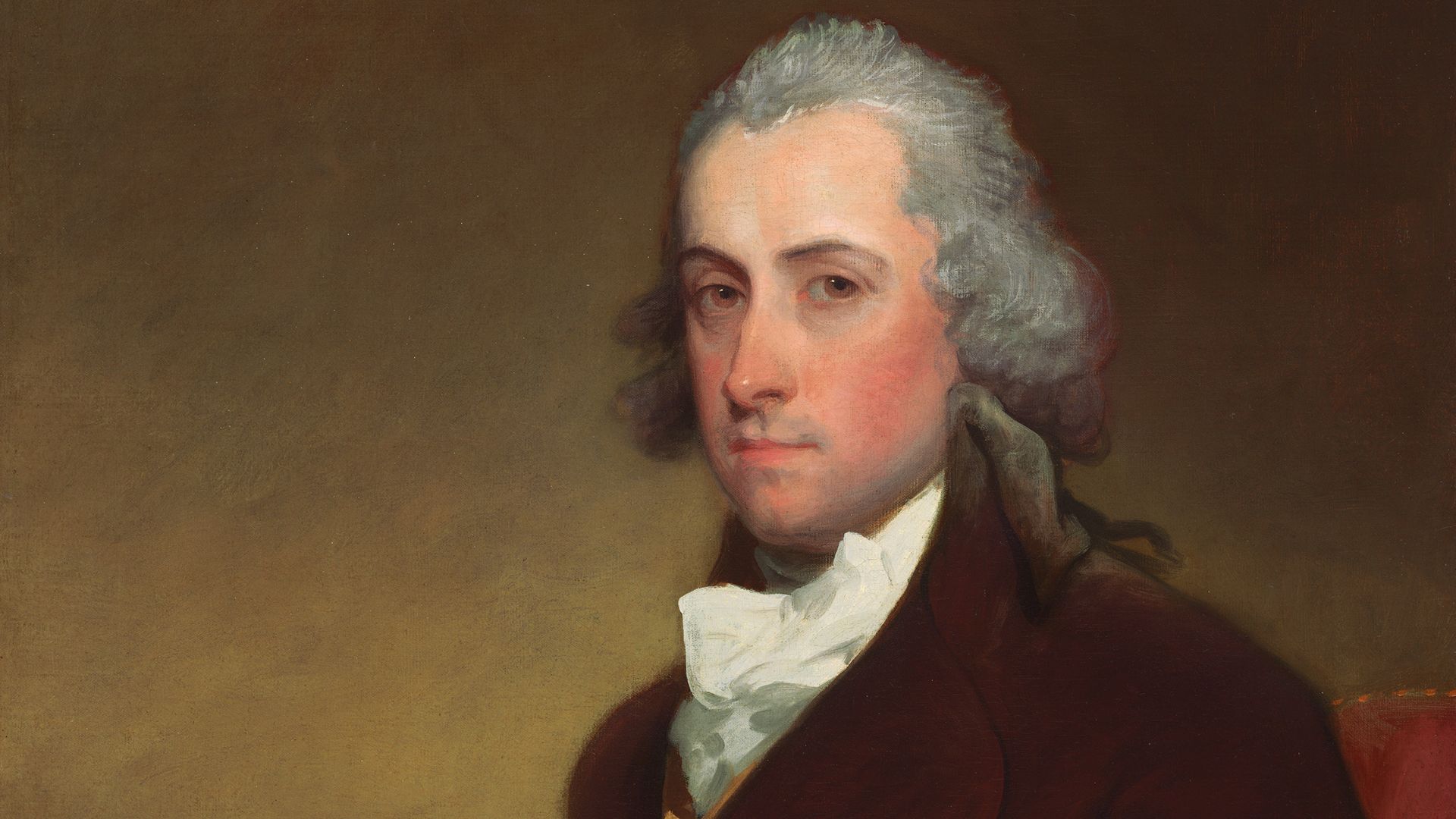The 10 Best Generals In American History And The 10 Worst
Some Generals Are Remembered For Their Ingenuity, Others For Their Incompetence
The US is no stranger to the battlefield. Since the Revolutionary War, the nation has been embroiled in over 100 military conflicts. The American Army is the most powerful in the world, shaped by a long history of strong, brave, and visionary generals. However, sprinkled among the greats are inevitably some not-so-greats, who, whether through foolishness or corruption, have sullied their own names as some of the worst generals the US has ever seen. Here are the 10 best generals in American history and the 10 worst.
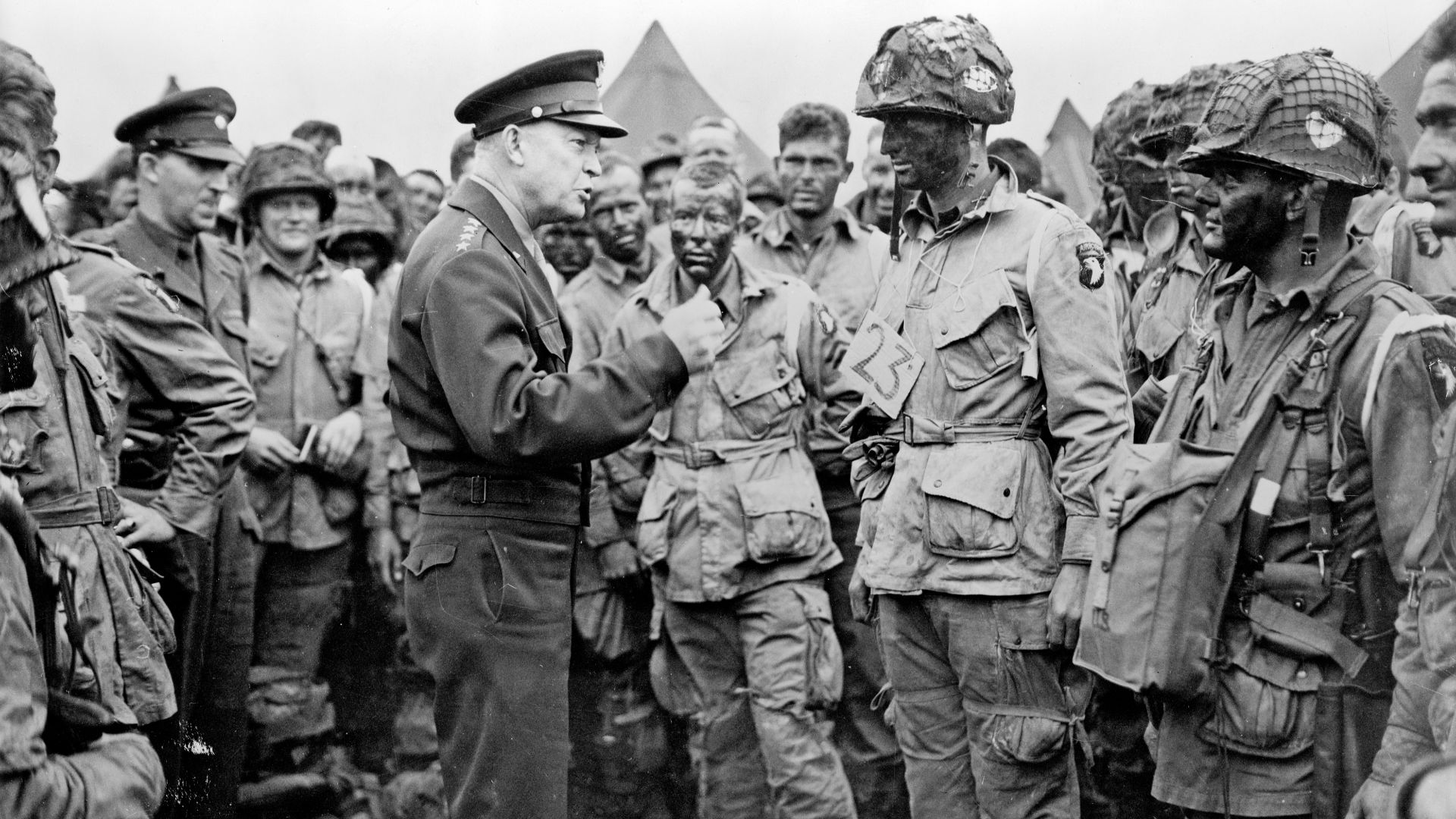 Unknown U.S. Army photographer on Wikimedia
Unknown U.S. Army photographer on Wikimedia
1. George Washington
Whether you agree with his denture choices or not, we can all agree that George Washington was a great general. He was an adaptable leader and master strategist who knew how to keep morale up even in the toughest of times. His decisive victories in the Revolutionary War helped win American independence and form this great country.
2. Ulysses S. Grant
We have the leadership of Ulysses S. Grant to thank for the fact that the US is still one nation and not two. His perseverance, decisiveness, and big picture intelligence led to the Union's ultimate victory over the South in the Civil War.
3. Robert E. Lee
The reason the Civil War raged on for as long as it did is thanks to this man. Robert E. Lee gave Union forces a run for their money with his tactical brilliance, resilience, and charismatic leadership. He became famous for his ability to outmaneuver larger forces, which led to major victories for the Confederates, such as at the Battle of Chancellorsville.
4. William Tecumseh Sherman
One of the most influential generals in American history, William Tecumseh Sherman, is known for his aggressive and strategic use of total war to gain an advantage over Confederate forces in the Civil War. He orchestrated the controversial but effective "March to the Sea" campaign during which he destroyed infrastructure and military targets across Georgia, demoralizing the South.
 Mathew Benjamin Brady on Wikimedia
Mathew Benjamin Brady on Wikimedia
5. Stonewall Jackson
Thomas "Stonewall" Jackson was one of the greatest and most iconic Confederate generals. He got his nickname during the First Battle of Bull Run when he stood firm and fearless in the line of fire. He was a tactical genius known for his aggressive warfare and bravery.
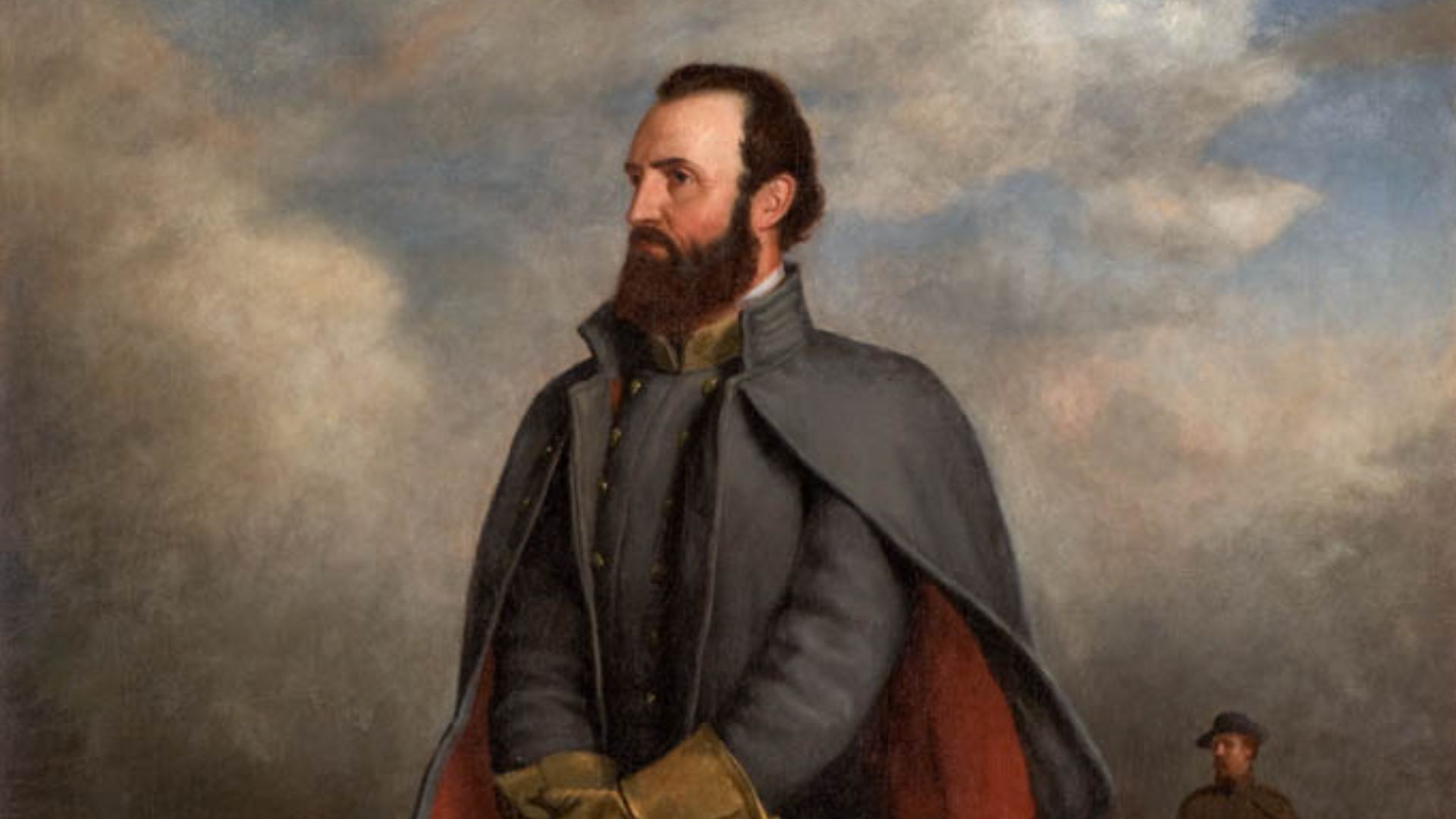 James Reeve Stuart on Wikimedia
James Reeve Stuart on Wikimedia
6. George C. Marshall
George C. Marshall served as Chief of Staff of the American Army during WWII. He's credited with growing US forces from a small, unprepared army into one of the largest and most powerful forces in the world, readying them for global warfare and playing an instrumental role in defeating the Nazis.
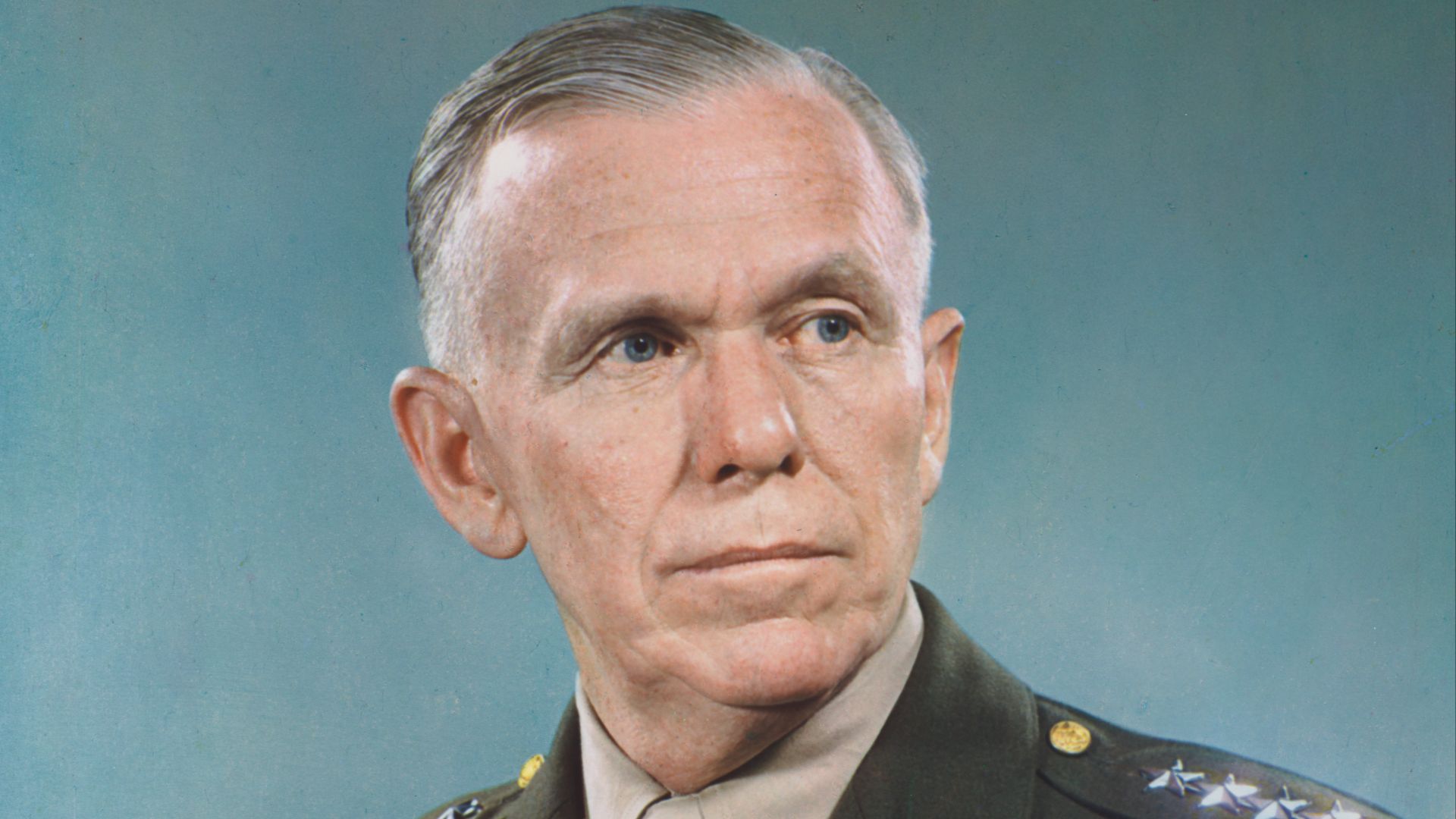 Marshall Foundation Archives on Wikimedia
Marshall Foundation Archives on Wikimedia
7. Philip Sheridan
Philip Sheridan was one of the most renowned generals during the Civil War. His actions in the final year of the war were crucial in securing a Union victory. A decisive leader, he was known for his swift and aggressive tactics on the battlefield, often catching Confederate forces by surprise and gaining victories time and again.
8. Henry H. Arnold
Henry H. Arnold is widely considered one of the greatest American generals of the 20th century. As one of the founding fathers of the modern US Air Force, he was a visionary whose leadership was crucial to the success of the air campaigns of WWII. He understood the potential of air power in warfare and was instrumental in the development of air force training and air-based military technology like long-range bombers and fighter jets.
9. Omar Bradley
As a prominent military general during WWII, Omar Bradley played a significant role in many of the Allies' key victories, including the Invasion of Normandy and the Battle of the Bulge. He commanded the largest US army group, made up of more than one million troops, coordinating complex military operations during the final push against Germany.
10. Dwight D. Eisenhower
Dwight D. Eisenhower had an impressive military career before making his foray into politics. As Supreme Commander of the Allied Expeditionary Force during WWII, he coordinated operations of military forces across several different nations, exhibiting his tactical brilliance.
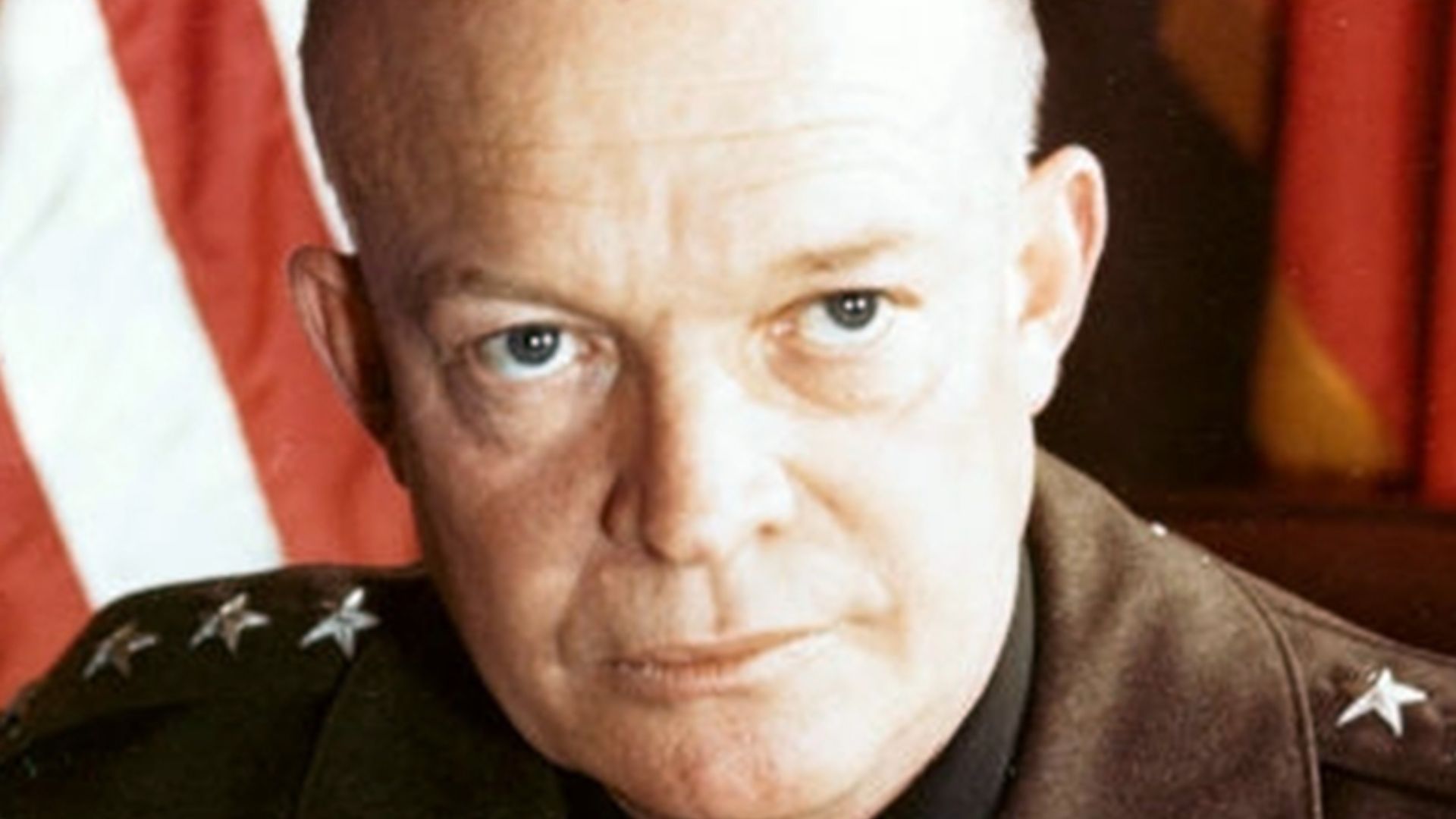 Unnamed photographer for US Army on Wikimedia
Unnamed photographer for US Army on Wikimedia
Now that we've talked about the greatest American military leaders, let's go over some of the nation's biggest embarrassments.
1. George B. McClellan
George B. McClellan is remembered as one of the worst generals of the Civil War. An overcautious and indecisive leader, he often overestimated the Confederate forces and repeatedly refused to engage in battle for fear that he would be overrun, even when victory was well within reach. His failure to pursue Lee's retreating army at the Battle of Antietam is seen as a huge blunder, as it could have ended the war much earlier.
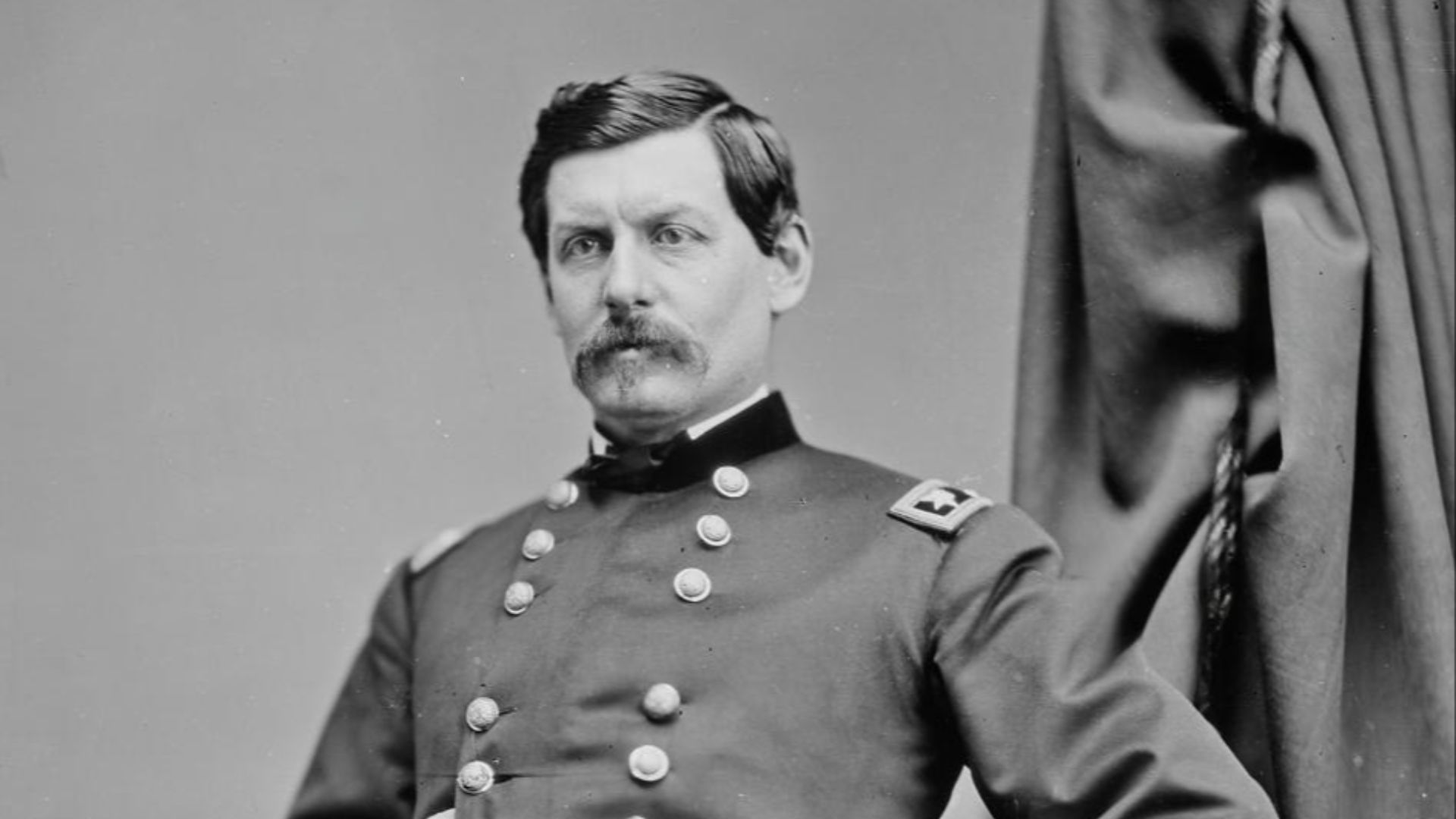 Mathew Benjamin Brady on Wikimedia
Mathew Benjamin Brady on Wikimedia
2. Gideon Pillow
Gideon Pillow is often roasted as one of the worst US generals, not just in the Civil War, but in history. He was appointed general because of his connections, not because of his skill. Obsessed with his image, he often took credit for things he didn't do and fled when things went wrong, deserting his men.
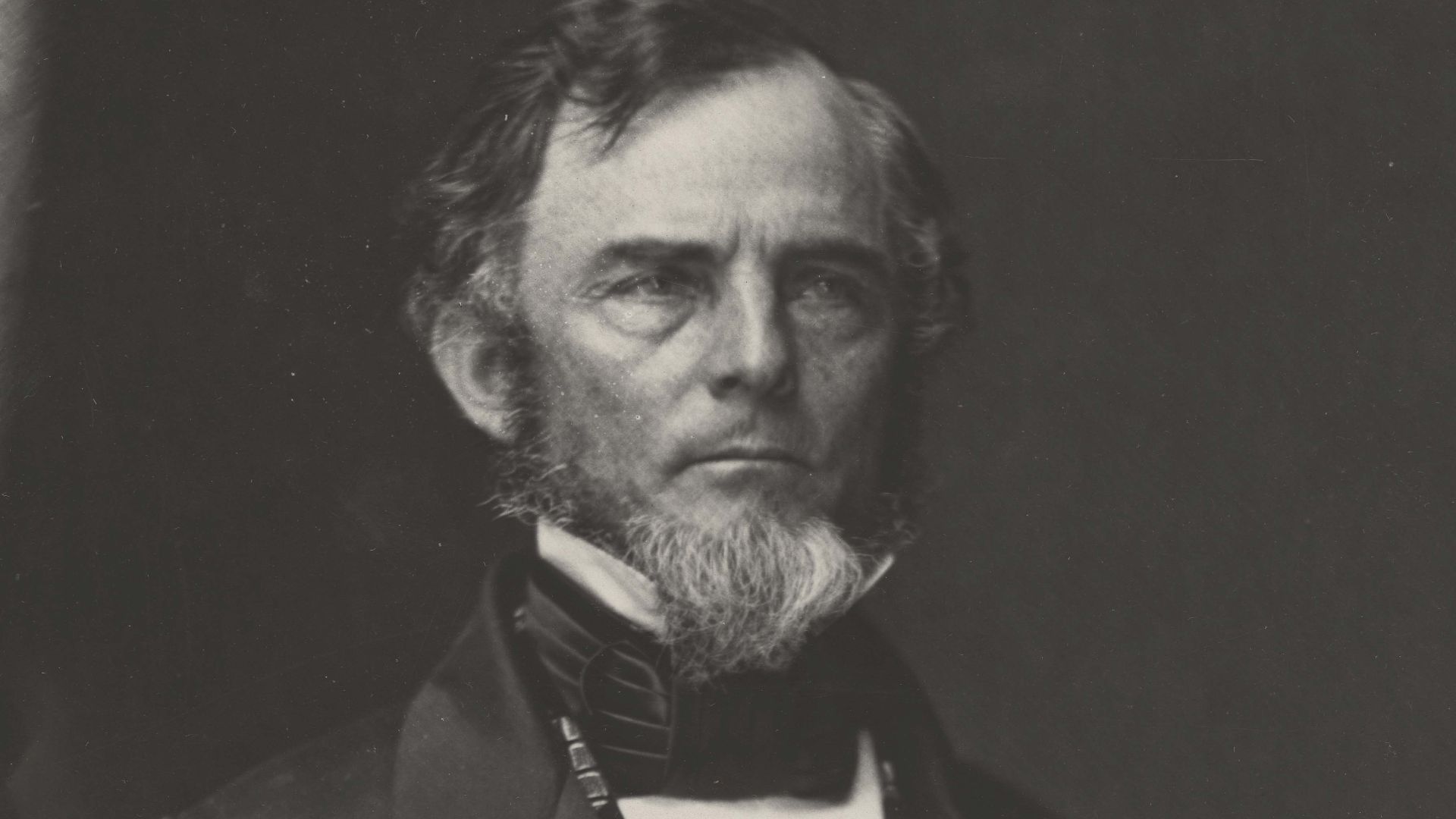 Unidentified photographer on Wikimedia
Unidentified photographer on Wikimedia
3. William Westmoreland
William Westmoreland was the top US commander during the Vietnam War. He's been heavily criticized for his role in turning the Vietnam War into the blood bath that it was, showing little regard for civilian lives or even the lives of his own soldiers.
4. James Wilkinson
James Wilkinson went down in history as one of the most corrupt military leaders the US has ever seen. He was a spy for Spain who actively worked to undermine American interests, keeping Kentucky from joining the Union so it would align more with Spanish Louisiana. As a military officer during the War of 1812, his bad leadership caused his plan to invade Montreal to fizzle, and he was humiliatingly defeated by a much smaller British force at the Battle of Cryster's Farm and relieved of his command.
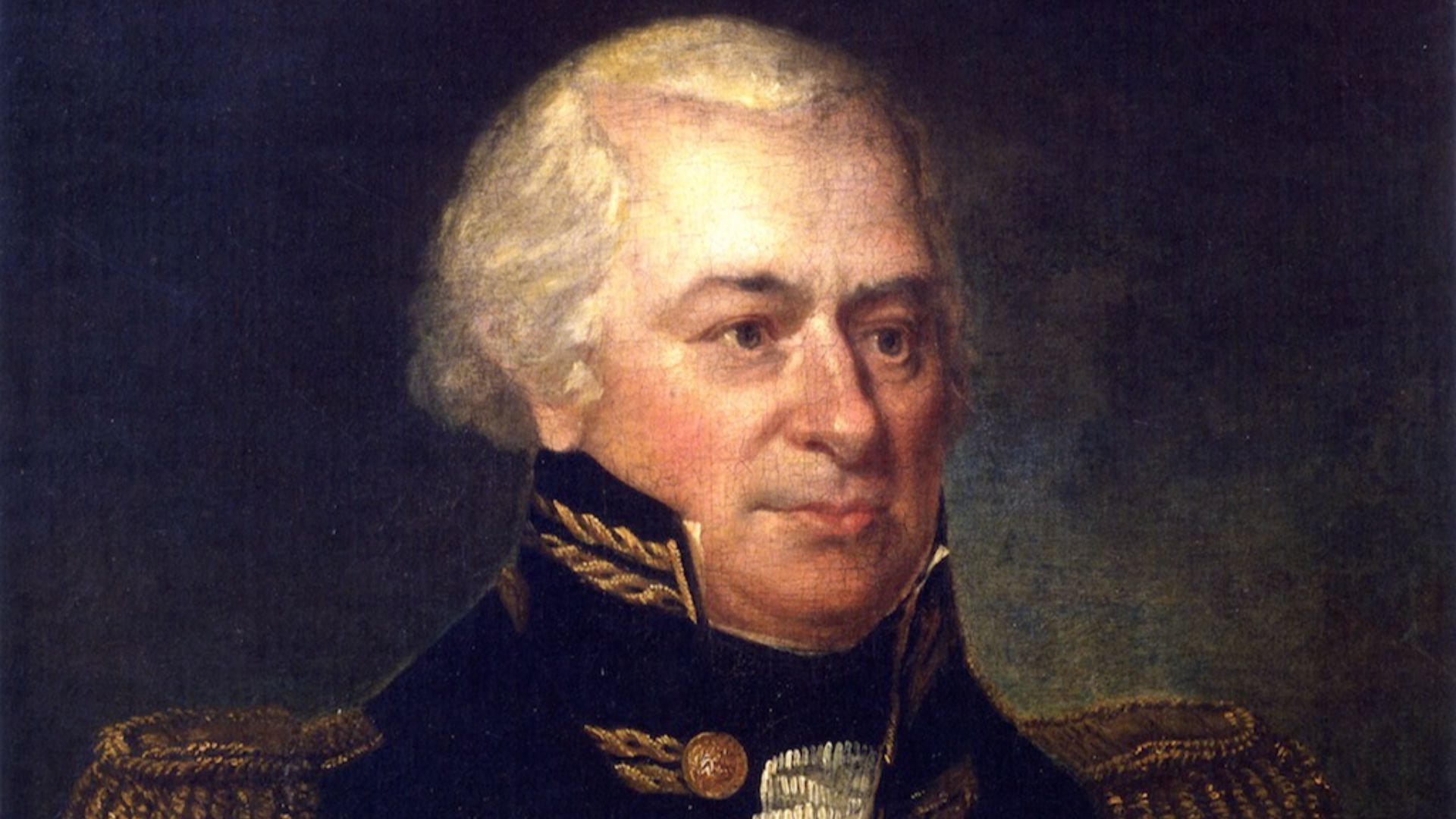 John Wesley Jarvis on Wikimedia
John Wesley Jarvis on Wikimedia
5. Fitz-John Porter
Fitz-John Porter wasn't incompetent, but rather was used as a scapegoat. As commander during the Second Battle of Bull Run, he refused Major General John Pope's orders to launch an attack because he knew the Confederate forces were stronger than Pope thought. Even though Porter was right and Union forces wouldn't have stood a chance, he was court-martialed and blamed for the defeat, and his reputation as a "bad general" was solidified.
6. Benjamin Butler
Benjamin Butler's occupation of New Orleans, which he only captured because Confederate forces had already abandoned it, gave him the nickname "Beast Butler" because of his heavy-handed and oppressive rule. He was unable to secure other captures during the war and was subsequently fired by Lincoln.
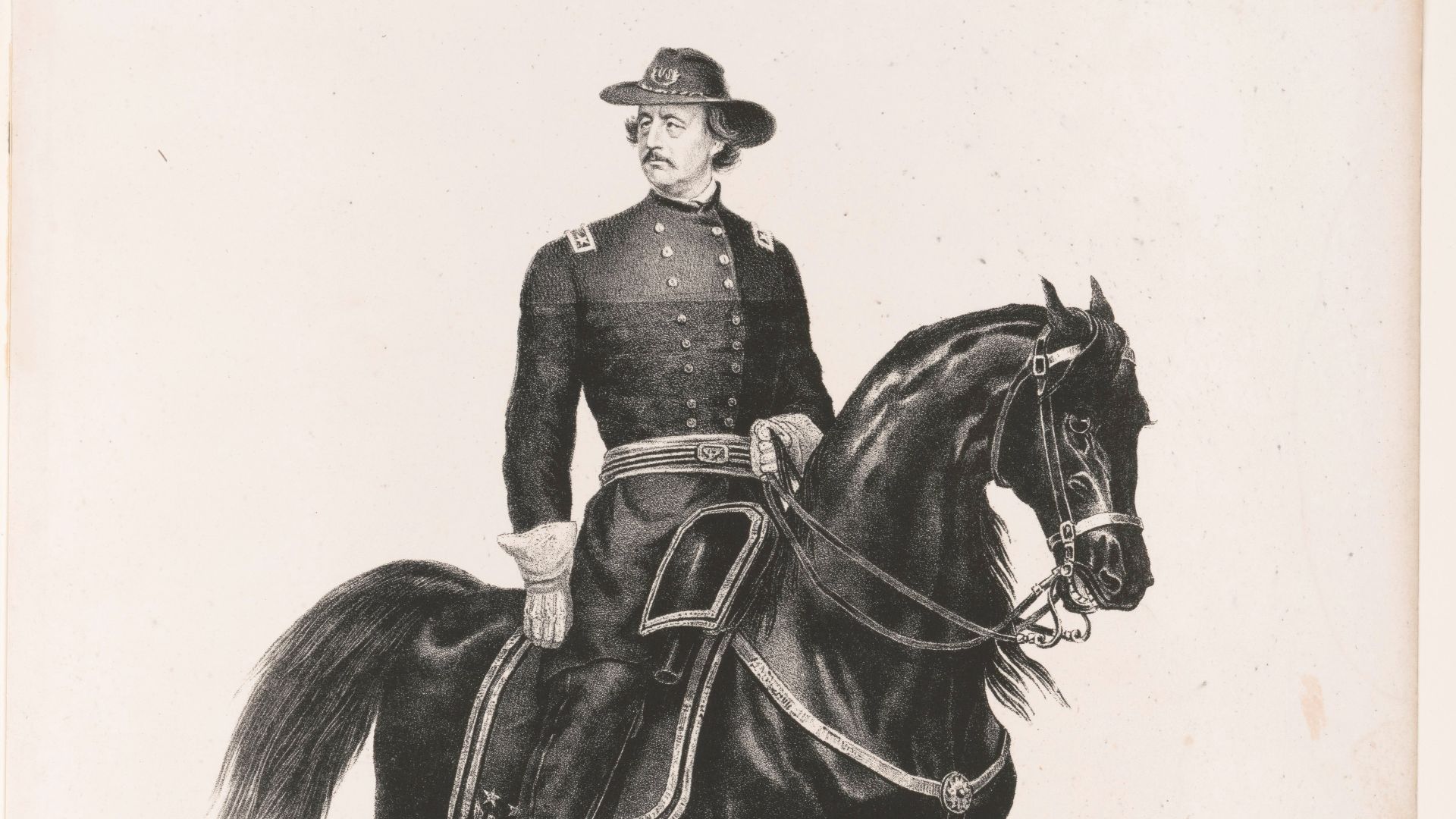 Popular Graphic Arts on Wikimedia
Popular Graphic Arts on Wikimedia
7. John Pope
John Pope is famous for being one of the most arrogant military leaders in American history. He was humiliated at the Second Battle of Bull Run after ignoring intelligence reports and the caution of his subordinates. This proved to be one of the Confederate Army's biggest victories, and Pope was relieved of command as a result of the defeat.
8. Braxton Bragg
As commander of the Confederate Army of Tennessee, Braxton Bragg was one of the least popular commanders of the Civil War, with a personality described as combative and petty. His military career was plagued by quarrels with his subordinates, and his performance on the battlefield was no better. He retreated at the Battle of Perryville and the Battle of Stones River despite having the upper hand and squandered his one major victory at the Battle of Chickamauga by failing to pursue the Union army.
9. Henry W. Halleck
Although smart, Henry W. Halleck was frustratingly cautious and indecisive to a fault. As General-in-Chief of the Union Army, he advanced much too slowly, failed to take initiative, or inspire the Union's field commanders when it was most needed. He was demoted to Chief of Staff, where he was much more effective, supporting high-level commanders logistically instead of on the ground.
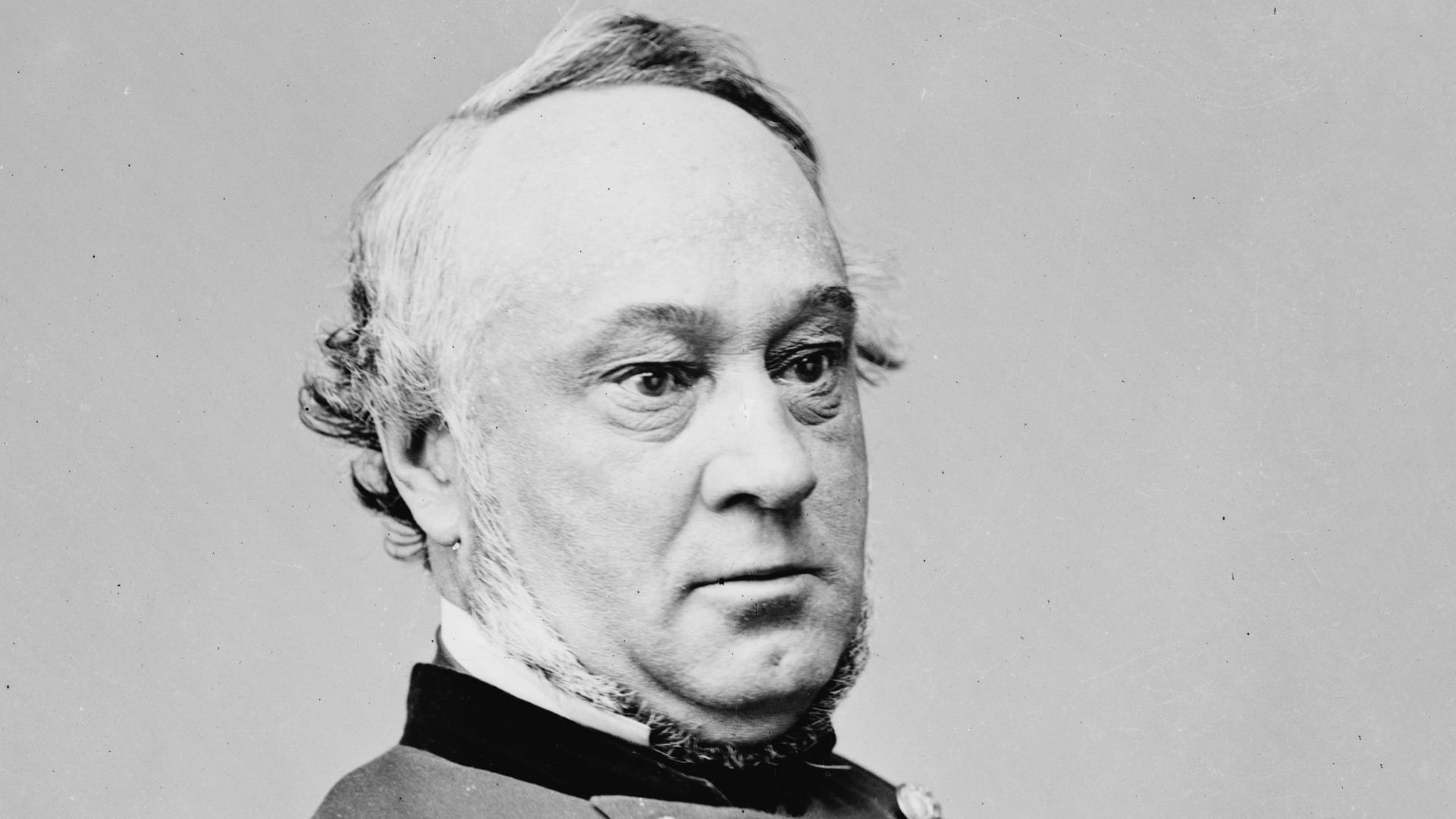 Mathew Benjamin Brady on Wikimedia
Mathew Benjamin Brady on Wikimedia
10. Stephen Van Rensselaer III
Fortunately for Canada, the War of 1812 was rife with incompetent American commanders. Stephen Van Rensselaer III is remembered for his indecisiveness, poor communication, inability to adapt, and hesitation at critical moments, which lost the Americans one of the most critical battles in the War of 1812.
KEEP ON READING

20 Facts About Jane Grey, The Forgotten Queen Of England
A Quick, Messy, and Tragic Reign. Lady Jane Grey never…
By Maria Cruz Jan 31, 2025
From School Plays To Starting A Cult: 20 Of The…
The Books That Made Us. Many people will tell you…
By Farva Ivkovic Jan 31, 2025
20 Historical Finds That Prove Time Travel Exists
Blast From the Past. Whether you believe in time travel…
By Farva Ivkovic Mar 31, 2025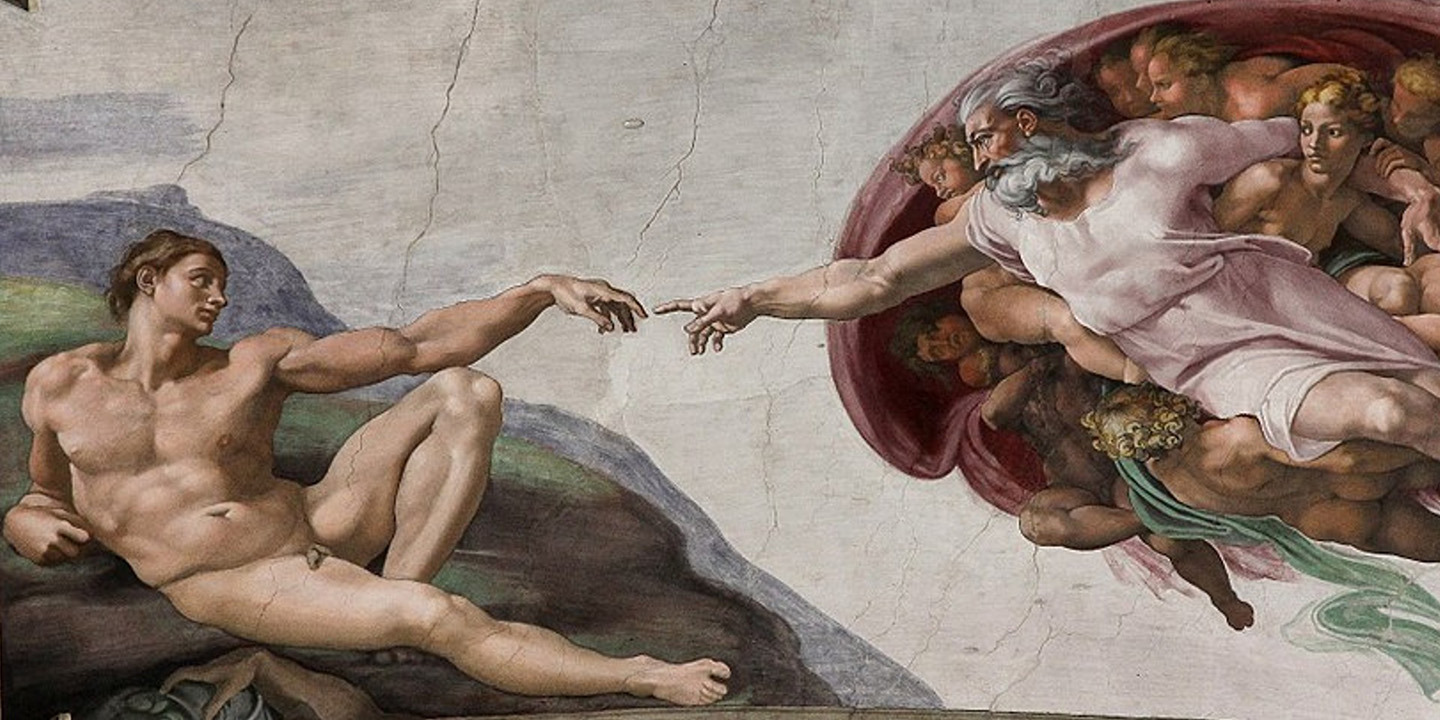
The 20 Biggest Renaissance Figures & What They Did
This Is Why The Renaissance Was A Special Era In…
By Emilie Richardson-Dupuis Oct 30, 2024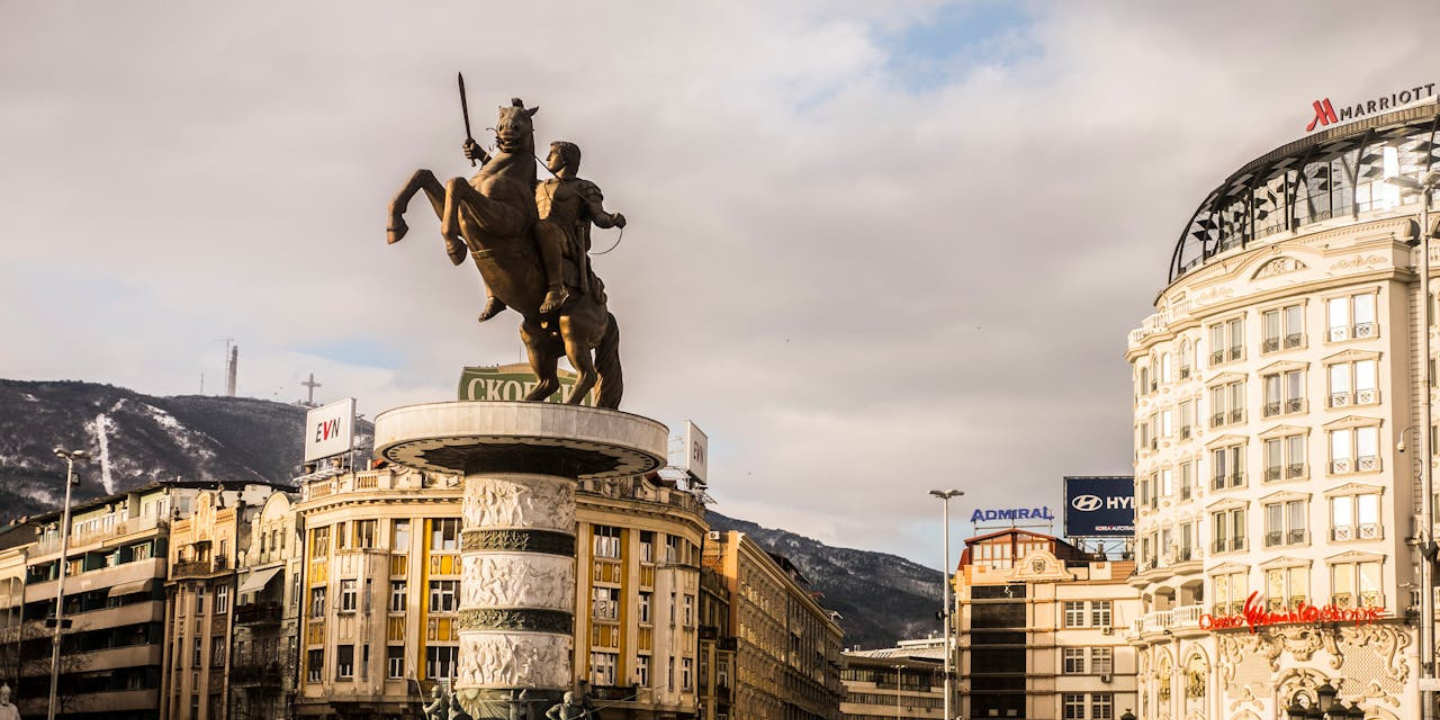
The 10 Greatest Feats Of Alexander The Great & The…
With Great Responsibility. Alexander the Great held immense power over…
By Farva Ivkovic Oct 30, 2024
Everything To Know About The History Of The Leaning Tower…
The Story Of The World's Most Famous Tilt . The Leaning…
By Megan Wickens Oct 30, 2024


